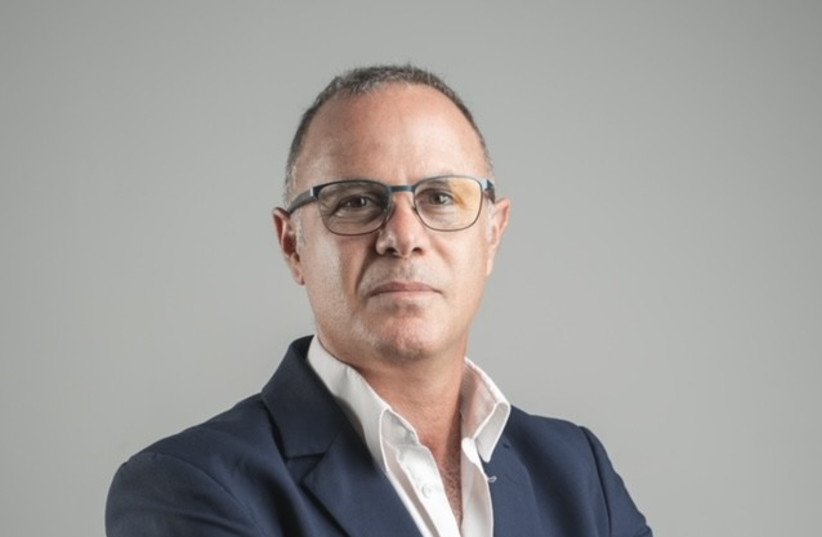BladeRanger, the developer of an autonomous solar panel cleaning robot, has acquired the assets, operations and 400,000 shares of climate tech company Raycatch Ltd. for approximately $1.5 million.
The acquisition will allow BladeRanger to expand its footprint in the Israeli and global renewable energy markets. It will supply a holistic solution to solar fields and sites, enhancing efficiency and profit and delivering significant savings in operating costs in the energy generation process.
Raycatch is responsible for the development and sale of Deep Solar: a solar field management platform that performs advanced automatic analysis and monitoring in order to streamline and maximize renewable electricity generation efficiency.
The alignment between BladeRanger and Raycatch’s technologies make for an easy pairing, and the transaction will help BladeRanger establish itself as a leading renewable energy company.
About the Bladeranger company
Founded in 2015, Bladeranger is a leading provider of advanced robotic cleaning and diagnostic solutions for the solar industry, and the developer of PLECO, the world’s lightest autonomous waterless solar panel cleaning robot.

“It [the Bladeranger] only weighs 20 kilos. That’s a very big advantage over other technologies in the market.”
Bladeranger CEO Oded Fruchtman
While other solar panel dry cleaning solutions exist within the market, CEO Oded Fruchtman is confident that Bladeranger’s offering is the most versatile machine for the job.
“It only weighs 20 kilos. That’s a very big advantage over other technologies in the market,” he said. “It’s a very small robot compared to the giant robots [offered by] competitors.”
Though it’s already been around for decades, solar panel technology is now enjoying renewed traction thanks to global efforts to embrace renewable energy production methods in response to climate change and international conflict.
“There is a clear need for every country to be energy independent. And the best way to achieve that is via clean energy – The sun is a resource that everybody can utilize,” said Fruchtman, noting that as such, “Climate-tech is gonna be on the rise and we’ll see much more investment towards clean energy and climate technologies. You can already see that the Biden administration is putting billions of dollars into it and wants to generate something like 40% clean electricity by 2035. There’s a lot of investment in Europe, [where they want] every rooftop covered with panels… Parking spaces are beginning to be filled with panels. The whole market is going in that direction.”
With that in mind, there’s a decent chance that the solar panel tech used today could be innovated in the near future as it’s more utilized around the world. Despite that, though, Fruchtman is confident that the need to clean dust and debris from solar panels isn’t going away any time soon.
“If you go to the south of Israel and you look at the solar panels there, you have to clean them on a daily basis, or weekly basis. I don’t think there will be a solution that will be able to prevent [the effects of] sand storms or whatever else goes on in very, very dry desert areas,” Fruchtman said. “Remember, we’re in a global warming phase, and the world is getting drier and dustier day by day. So I think [the solar panel cleaning industry] still has a clear future.”
